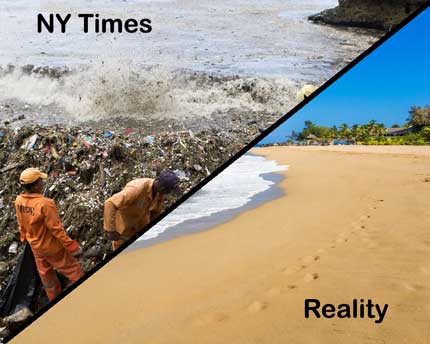Que
aʒɑ̃ prɔvɔkatœr
- Joined
- Dec 3, 2009
- Posts
- 39,882
Wells Twombly had the best rejoinder to soccer’s alleged un-Americanism: “Soccer is generally considered to be a foreign plot designed to sublimate one of our great native games such as armored rugby or modified rounders.”
https://www.theringer.com/soccer/2018/7/6/17539860/american-soccer-troll-death













